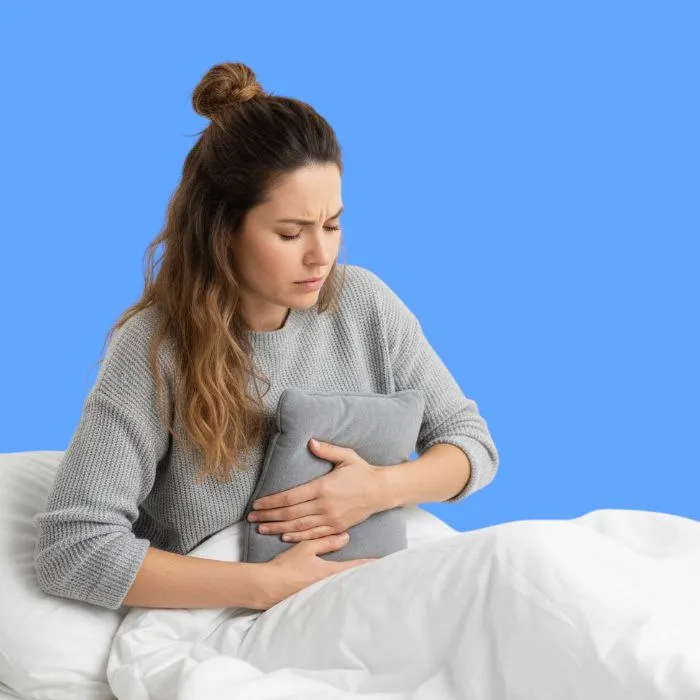What is endometriosis?
Endometriosis is a chronic gynecological disorder that occurs when tissue similar to the lining of the uterus grows outside the uterine cavity, such as in the ovaries, fallopian tubes, or pelvic wall.
This growth causes chronic pain and menstrual irregularities, and may sometimes affect fertility.
What are the causes of endometriosis?
There are several common causes of the disease, including:
- Regurgitation of menstrual blood into the pelvic cavity instead of its normal exit.
- Immune system disorders that allow tissue to grow outside its normal location.
- Transmigration of endometrial cells through the blood or lymphatic vessels.
- Genetic factors or a family history of the disease.
- Irregular hormonal changes that stimulate tissue growth.
What are the common symptoms of endometriosis?
There are several common symptoms that a patient may experience, including:
- Severe pain during menstruation.
- Chronic pain in the pelvic area or lower back.
- Pain during sexual intercourse.
- Menstrual irregularities or heavy bleeding.
- Difficulty getting pregnant or delayed conception.
When should you see a doctor?
It is recommended to see a doctor in the following cases:
- Persistent pelvic pain despite the use of painkillers.
- Recurrent menstrual irregularities.
- Severe pain during or after intercourse.
- Delayed conception for more than a year.
- A family history of the condition.
What are the methods for diagnosing endometriosis?
The disease is diagnosed using several methods, including:
The doctor relies on a clinical pelvic examination, followed by more accurate tests such as ultrasound or MRI to detect the presence of invasive tissue.
In some cases, a laparoscopy is performed to confirm the diagnosis and directly visualize the foci.
What are the methods for treating endometriosis?

There are several methods for treating the disease, including:
- The use of painkillers to relieve pain.
- Hormonal therapy to reduce the activity of excess endometriosis.
- Surgery to remove invasive tissue in severe cases.
- Lifestyle changes such as a balanced diet and stress reduction.
- Regular medical follow-up to assess the progress of the condition.
Is endometriosis curable?
Cures for endometriosis vary depending on its severity and the location of the migrated tissue.
Some cases respond well to hormonal or surgical treatment, and symptoms improve significantly, while other cases may require long-term follow-up to control symptoms and prevent recurrence.
What are the tips for preventing endometriosis?
There are a number of tips for preventing the disease, including:
- Maintaining hormonal balance through a healthy diet.
- Exercise regularly to reduce inflammation.
- Avoid smoking and excessive consumption of caffeinated beverages.
- Regular follow-up with a gynecologist, especially if abnormal symptoms are present.
- Reducing psychological stress, which may affect the hormonal cycle.
What are the potential complications of endometriosis?
Some complications may occur if treatment is left untreated, such as:
- Infertility or delayed pregnancy.
- Formation of blood cysts on the ovaries.
- Adhesions in internal organs.
- Chronic pain that affects quality of life.
- Digestive or urinary tract disorders.
Frequently Asked Questions about Endometriosis
Can the disease go away on its own?
It rarely goes away completely without treatment, but it may improve with age.
Does endometriosis permanently prevent pregnancy?
No, pregnancy is possible after treatment or surgery in many cases.
Can pain be controlled with medication alone?
Yes, in mild cases, but advanced cases require additional treatment.
Does the disease recur after surgery?
It may recur in some cases if hormonal factors are not controlled.
Article Summary
Endomitoritis is a chronic condition that requires close monitoring and appropriate treatment to reduce symptoms and improve quality of life.
Maintaining hormonal health, a balanced diet, and regular follow-up with a doctor are essential for preventing complications.
Remember, early diagnosis is the first step toward effective disease control.